Tired of someone else's vacation: what is overtourism and why has it become a problem?
Categories: Society | Travel | World
By Pictolic https://pictolic.com/article/tired-of-someone-else39s-vacation-what-is-overtourism-and-why-has-it-become-a-problem.htmlEvery year, news appears more and more often that protests against so-called overtourism are taking place in certain countries. This term describes the phenomenon where large influxes of tourists negatively impact human habitats and attractions. In Europe, entire organizations have even appeared whose goal is to combat overtourism.

One of the European cities where tourists have a particularly clear impact on the lives of locals is Barcelona. In 2017 alone, the city was visited by 30 million tourists, most of whom were “one-day visitors” who arrived on a short visit. Agree that for a city with a population of 1.5 million residents this is a lot.
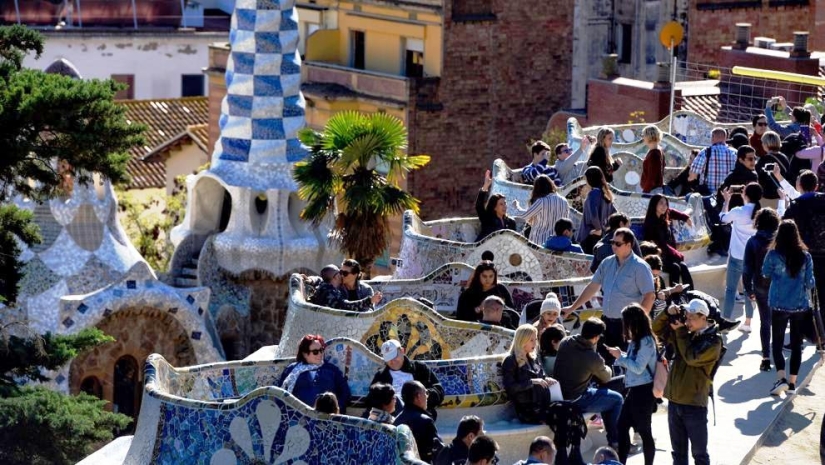
While some tourists simply rush through popular locations, taking selfies and sweeping away souvenirs, others are more demanding. They want to “live like a local” and feel completely immersed in city life. There is no escape from such guests either in residential areas or even in slums.
Cities that attract many tourists are filled with souvenir shops, restaurants, tour buses and crowded crowds of visitors. This not only causes discontent among local residents who call these places home, but also places a serious burden on the city's infrastructure and public institutions.
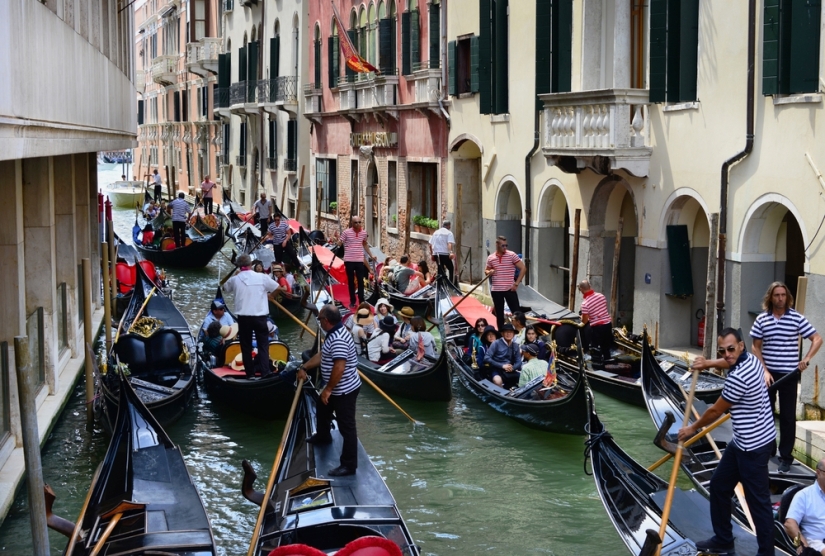
The list of cities where overtourism has reached catastrophic proportions includes Paris, Berlin, Kyoto, Dubrovnik, Venice and Reykjavik. The coast of Thailand represents one continuous “disaster zone”. Most of the businessmen who make money there live in quieter areas, but those who are “lucky” to settle in the resort area usually suffer.
From 2018 to 2022, Thai authorities specifically limited the number of visitors to the beach in Maya Bay. This place became famous after the release of the movie "The Beach". Due to the invasion of tourists, the once picturesque coast has become like a disaster zone due to the huge amount of garbage left by vacationers.
As we have already said, overtourism is an excessive flow of tourists that negatively affects the lifestyle, access to services and the overall well-being of local residents. This phenomenon forces residents out of the real estate market, harms natural landscapes and architectural monuments, and overloads transport and cultural recreation facilities.
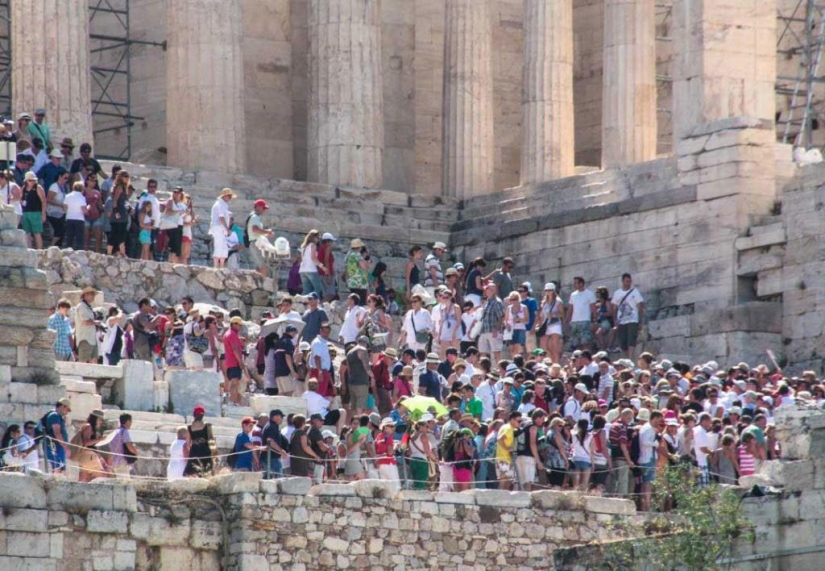
In any city, with an increase in the influx of tourists, real estate prices rise. This inevitably entails an increase in the cost of living. The well-known housing search service AirBnB is accused of making housing unaffordable for people permanently residing in a tourist destination.
This problem is dealt with in different ways. In Amsterdam, for example, the idea of banning short-term rental housing is being considered. In addition, they plan to change cruise routes to move them away from the historical part of the city. Endless noise is another problem in cities popular with tourists. Many cafes, restaurants and street performances are created to entertain tourists. But sooner or later, guests return home, and local residents are forced to constantly be in this noisy atmosphere.
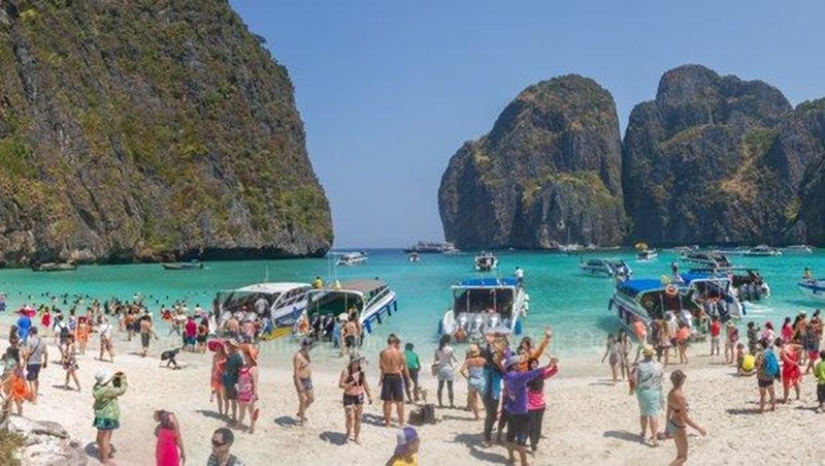
Recently people have started talking about “tourismophobia”. Local residents are ready to give up all the benefits associated with tourism. They want to be allowed to live peacefully on their land. Sociologists characterize tourism phobia as “a mixture of rejection, mistrust and contempt towards tourists.”
Dealing with the huge crowds of tourists seems like an impossible task. After all, entire cities cannot be completely closed to visitors. However, there are simple, effective ways to regulate overtourism. This could be the introduction of new taxes, revision of old tax systems, as well as the introduction of penalties.
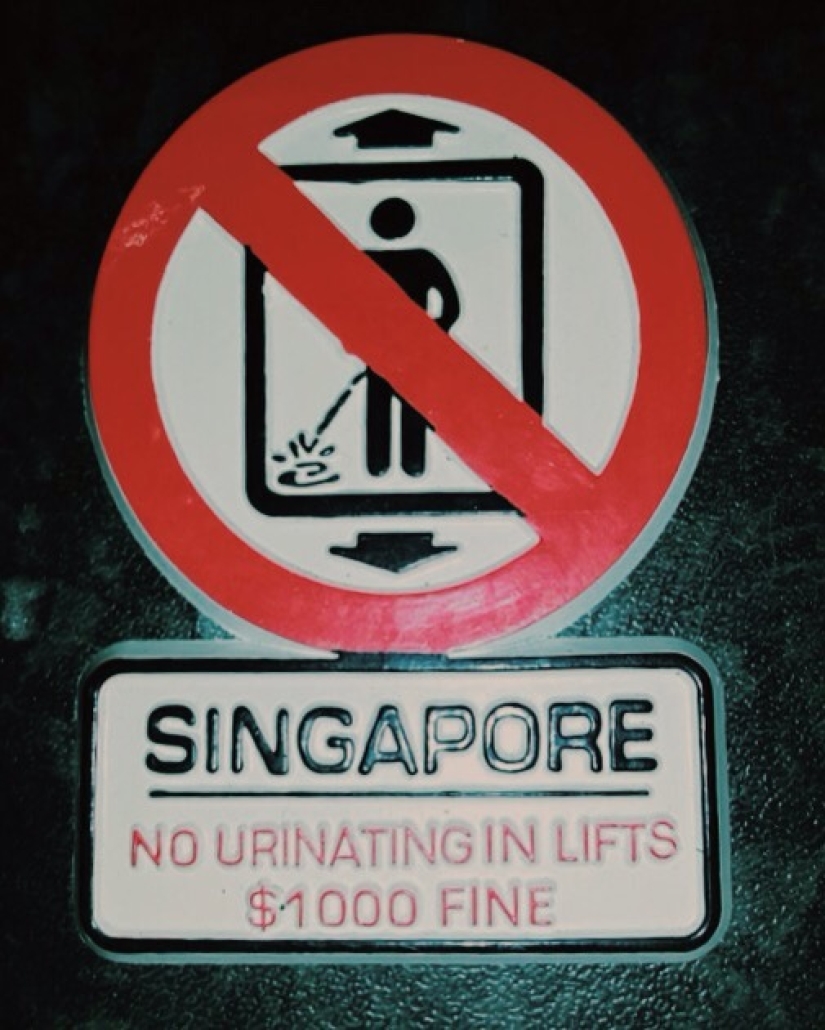
Many cities are trying to move from quantity to quality. They attract fewer tourists, but more affluent ones. They are, as a rule, less problematic, and also the most solvent. But in any case, you need to know when to stop. Don’t forget that many residents still make their living from tourism. If you sharply limit the flow of visitors, then those who depend on this area may begin to have financial problems.
It is much easier to plan ahead for the tourism sector. The level of attendance should be comparable to the capacity of the tourist destination. The balance of optimal experiences for guests and commensurate benefits for locals is the main condition for the happy coexistence of both.
Recent articles

It's high time to admit that this whole hipster idea has gone too far. The concept has become so popular that even restaurants have ...

There is a perception that people only use 10% of their brain potential. But the heroes of our review, apparently, found a way to ...

New Year's is a time to surprise and delight loved ones not only with gifts but also with a unique presentation of the holiday ...